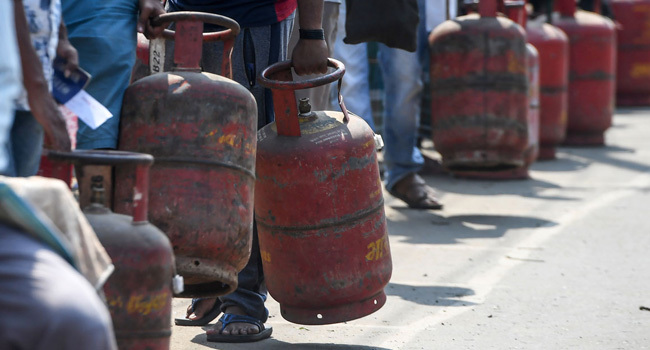In the quest for Universal Health Coverage (UHC), the significance of ensuring access to quality healthcare for all cannot be overstated. This fundamental human right, as enshrined in the 1948 World Health Organization (WHO) Constitution, remains a global priority, yet challenges persist, particularly in African countries like Nigeria.
Healthcare Access Challenges in Nigeria
Nigeria, like many African nations, grapples with barriers to accessing primary healthcare. Despite the establishment of the Basic Health Care Provision Fund (BHCPF) under the National Health Act 2014, its full operationalization remains a work in progress. The economic and social landscape, compounded by limited access to quality healthcare, underscores the critical need for a more equitable health system in the country.
Strengthening Health Systems for UHC
The realization of UHC hinges on strengthening health systems, fostering partnerships, and driving political leadership to ensure equity. In Africa, this pursuit takes center stage, with the recent 3rd International Conference on Public Health in Africa (CPHIA) in Lusaka, Zambia, emphasizing the need for “Delivering Universal Health Coverage in Africa – Strengthened and Equitable Health Systems.” The crux of the matter lies in garnering political support to expand healthcare infrastructure and supply chains, with a unified call for health investments resonating across the continent.
Equity as a Cornerstone for UHC in Africa
Equity serves as a pivotal principle underpinning UHC, advocating for fair and impartial healthcare access irrespective of socio-economic status or geographic location. Tackling existing disparities, such as the shortage of health workers due to international migration, and tailoring health policies to the unique socio-cultural and economic landscapes of individual nations are imperative steps in advancing UHC. Dr. Wasunna Owino, Country Director PharmAccess Foundation, Kenya, underscores the need for tailored health insurance packages responsive to diverse needs, emphasizing that a standardized approach may not suffice in achieving efficiency.
Financial Sustainability and Collaboration
Sustainable funding mechanisms, including exploring additional sources such as taxes on sugary beverages, are crucial in reducing out-of-pocket healthcare expenditure, which currently accounts for a significant portion of healthcare costs in Nigeria. Collaboration between the government, NGOs, and the private sector is paramount in driving innovation, optimizing resource allocation, and amplifying the impact of healthcare interventions. Local community engagement adds valuable insights, affirming the holistic approach required to break barriers and achieve UHC in Africa.
An Unyielding Commitment to UHC
The journey towards UHC is a collective endeavor that demands unwavering commitment, collaboration, and innovation. Breathing life into health equity and making healthcare accessible, affordable, and available for everyone remains the shared responsibility of African nations.
In conclusion, the path to UHC in Africa necessitates an unwavering commitment to surmount obstacles, strengthen health systems, and promote equity, embodying a holistic approach to leave no one behind on the journey towards UHC.



